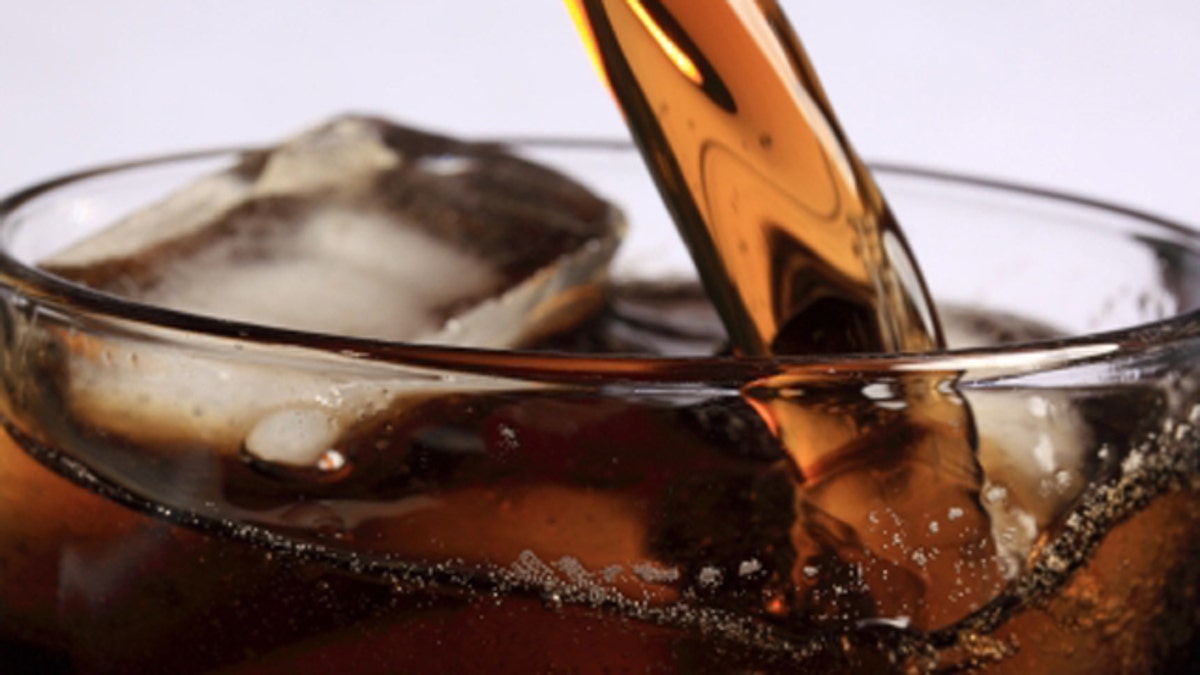
(iStock)
U.S. regulators said soft drinks from PepsiCo Inc and Coca-Cola Co posed no health risk, contrary to a U.S. watchdog group that reported several popular brands contain high levels of a chemical linked to cancer in animals.
The Center for Science in the Public Interest (CSPI) said it found unsafe levels of a chemical used to make caramel color in cans of Coca-Cola, Pepsi-Cola, Dr Pepper Snapple Group Inc's Dr. Pepper, and Whole Foods' 365 Cola.
The group asked the Food and Drug Administration to ban caramel coloring agents that contain the chemical known as 4-methylimidazole, or 4-MI. This follows a similar plea last year.
"Coke and Pepsi, with the acquiescence of the FDA, are needlessly exposing millions of Americans to a chemical that causes cancer," said CSPI executive director Michael Jacobson.
The FDA said it was reviewing the group's petition, but the drinks were still safe.
"A consumer would have to consume well over a thousand cans of soda a day to reach the doses administered in the studies that have shown links to cancer in rodents," said Doug Karas, an FDA spokesman, in a statement.
The cans were all taken from stores in the Washington, D.C. area, and some had levels of 4-MI near 140 micrograms in each 12-ounce can, the watchdog group said. The state of California has a legal limit of 29 micrograms of 4-MI, it added.
The FDA's limit for 4-MI in caramel coloring is 250 parts per million (ppm). That caramel would then be diluted when it is put in soda. The highest levels of 4-MI, also known as 4-MEI, found by CSPI were about 0.4 ppm, according to Reuters calculations.
"Unlike CSPI, the Coca-Cola Company deals in hard facts," said Coca-Cola spokesman Ben Sheidler in an emailed statement. "Fact: The body of science about 4-MEI in foods or beverages does not support the erroneous allegations that CSPI would like the public to believe. The 4-MEI levels in our products pose no health or safety risks."
Sheilder added: "The caramel color in all of our ingredients has been, is and always will be safe. That is a fact."
The American Beverage Association said in a statement: "This is nothing more than CSPI scare tactics. In fact, findings of regulatory agencies worldwide ... consider caramel coloring safe for use in foods and beverages."
